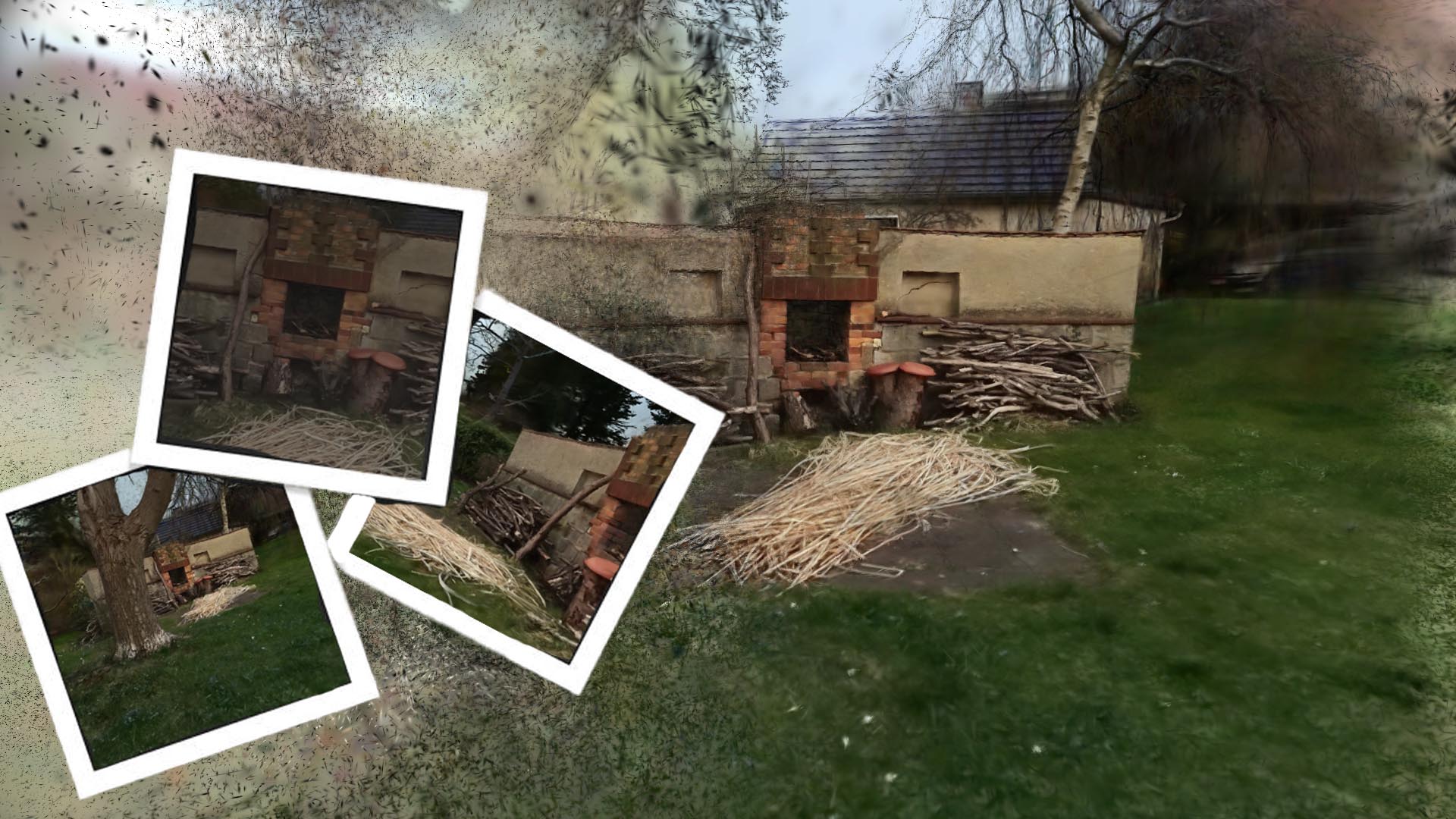
Michael Rubloff
May 23, 2025
PlayCanvas has quietly launched something that could make a big impact in how Gaussian splats are rendered online. Their new library, Blocks, is a set of high-level 3D primitives built for React. The standout feature? A slick new component called SplatViewer, purpose-built for displaying Gaussian splats in the browser with minimal setup and maximum flexibility.
SplatViewer is responsive out of the box, designed to be composable, and includes built-in camera controls, support for fullscreen or modal modes, and even lazy loading for large or compressed splat assets, using the PlayCanvas compression method. The component plays nicely with Tailwind, includes optional UI slots for overlays and controls, and works seamlessly in everything from standalone pages to immersive full-screen experiences.
From a developer’s perspective, it’s remarkably straightforward to use. You import the Viewer from @playcanvas/blocks, point it at a splat source, and drop in any combination of controls you need—fullscreen toggles, download buttons, camera modes, even menus. The result is a customizable, embeddable Gaussian Splat viewer that can be integrated in minutes.
The current beta (v0.1.0) already supports mouse and keyboard input, orbit and fly camera modes, and suspenseful loading states using React. Features like camera animations and waypoint navigation are on the roadmap, promising even more interactivity soon.
What makes this especially exciting is how it lowers the barrier to showcasing Gaussian Splatting directly on the web. Tools like this help move the format from cutting-edge research into mainstream accessibility.
If you're ready to try it, installation is handled with a simple npx command, and the team has provided clear examples to get started right away. You can view the source, explore the API, and start rendering splats today. More information about Blocks and Splatviewer can be found here.







